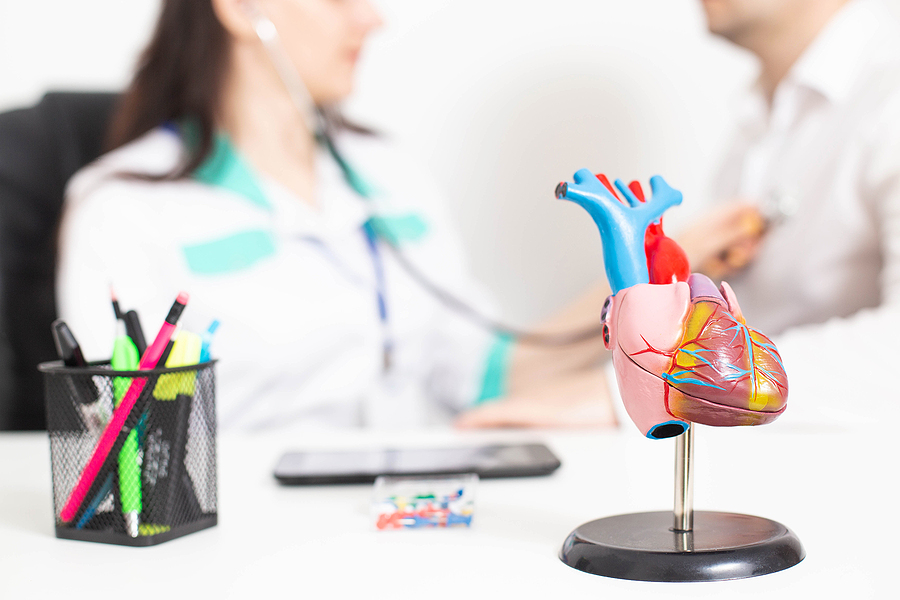Myocarditis is a rare heart infection that can cause inflammation in the myocardium, the middle layer of muscle in the heart wall.
Whilst there have been several discussions recently regarding a connection between myocarditis, Covid-19 and vaccination, it is important to note that no link has been found between myocarditis and any treatment for Covid-19.
However, it is always important to check for signs of the disease as the rare disease can be fatal.
The most common symptoms of myocarditis include:
- Tightness in the chest or stabbing pains that sometimes spread throughout the body,
- Shortness of breath when walking or exercising,
- Struggling to breathe when resting,
- Tiredness, fatigue and a high temperature, similar to that of the flu,
- Abnormal heart rhythm or heart palpitations,
- Swelling in the extremities, particularly the hands, feet, ankles and lower legs,
- Lightheadedness,
- Fainting or sudden loss of consciousness.
Some of these symptoms are seen in other heart conditions and can be found in people who are covid-symptomatic. However, if you have these symptoms and they do not go away, it is vital to see your doctor and get tested.
A doctor can check your heart rhythm using an electrocardiogram, use an X-ray to look for fluid build-up near your heart, an echocardiogram to check for muscle damage and finally blood tests to check for signs of infection.
In some rare cases, a biopsy is used on the heart to confirm that it is indeed myocarditis.
The common symptoms above can vary, and in some cases are symptoms of the infection that has caused myocarditis. If you get these symptoms it is important to see your doctor as soon as you can.






